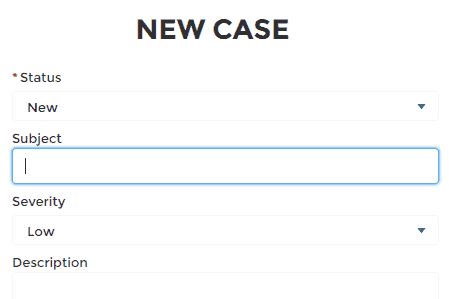 Help! Your customer has an issue and they want to complete a web form to open a service ticket.
Help! Your customer has an issue and they want to complete a web form to open a service ticket.
All Salesforce orgs include functionality called Web-to-Case. It’s easy to implement, but it has limits – the biggest being the lack of support for attachments.
In many situations, the ability for a customer to attach a screenshot, a log file, a photo or even a short video to a new case can improve communication and result in faster case resolution.
However, with the Salesforce Web-to-Case HTML generator, that functionality simply does not exist.
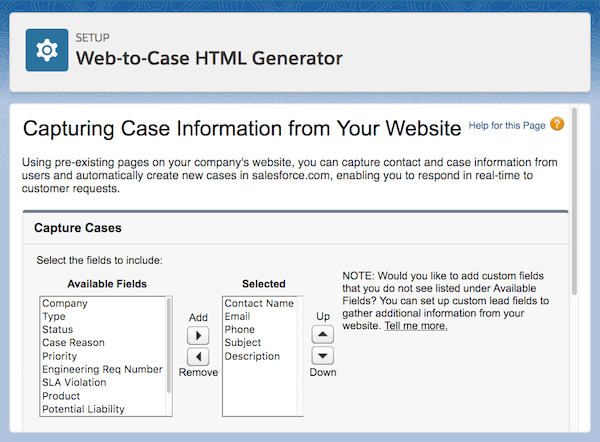
In fact, there is a success.salesforce.com Idea on the topic that has been open for more than a decade. The Idea is titled Allow Web-to-Case to support Case Attachments, and it has well over a thousand votes.
The lack of support for attachments may be for security reasons. It may be to protect an org’s document storage from filling up to quickly.
Whatever the reason, the implicit message from Salesforce is, “Web-to-Case attachments are not going to happen. We suggest you find an alternative.”
What are some alternatives to Salesforce Web-to-Case that do support file attachments? Here are three to consider. There are some additional considerations for organizations in the healthcare and life sciences industries.
FormStack For Salesforce
FormStack offers a native form builder for Salesforce.
Because the form builder (but not the entire app) is native to the Salesforce platform, there’s no need to map form fields to Salesforce fields. Fields added in the FormStack for Salesforce form editor are pre-connected to fields in the selected Salesforce object(s).
Pricing for the FormStack for Salesforce Professional Plan is $95 per user per month, when paid monthly and $79 per user, per month when paid annually.
If there is only person in a company who is responsible for creating or modifying forms, only one user license is needed.
We were able to set up the following basic Web to Case form with an attachment field and embed it on a WordPress site in about 15 minutes. One or more attachments can be optionally added. An attachment can be removed before the form is submitted:
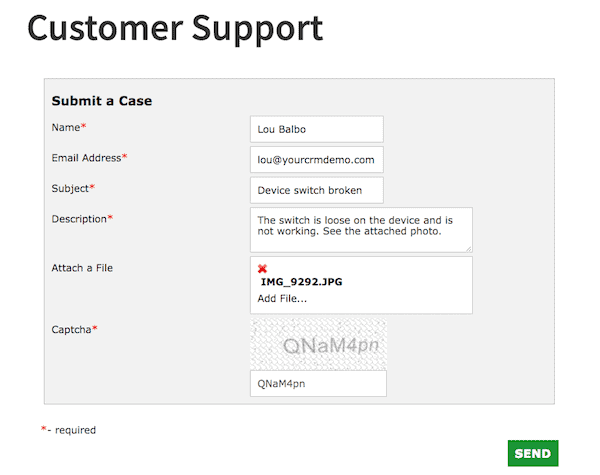
We used one of the available form templates. Additional time would be required to style a form to match the look and feel of a company’s website.
Even though the form design and publishing is a native Salesforce experience, form submissions flow through Formstack’s servers on the secure https://www.formstack.io domain.
To remove the “middle host” and keep the entire application native to to the Salesforce platform, FormStack has developed a second Salesforce-specific offering called NativeCloud.
Because NativeCloud is fully on the Salesforce platform, data never touches a third party server. NativeCloud therefore automatically inherits all of Salesforce’s compliance certifcations. This means that NativeCloud is HIPAA compliant. It allows for collecting personally identifiable information (PII) and protected health information (PHI) data securely.
Since a patient’s email address is technically a component of personally identifiable information, the NativeCloud edition may be needed for accepting complaints that relate to CAPA procedures.
There’s a significant price jump from FormStack for Salesforce Professional to NativeCloud. NativeCloud costs $450 per user per month, when paid annually.
A 14 day trial of FormStack for Salesforce is available on the AppExchange.
FormAssembly
FormAssembly is a popular form generation application.
FormAssembly’s all purpose version integrates with Salesforce. That means that the same version can be used for Salesforce and for non-Salesforce related forms.
The entry level Professional Edition is $89 per month. This edition allows for Web-to-Case type forms.
Because object and field mapping is required, there’s more setup time compared to FormStack.
According to FormAssembly, “Salesforce is discouraging the use of file uploads as file attachments, and encouraging the use of file uploads as feed attachments. Given that FormAssembly currently has a larger upload limit than Salesforce’s file attachment limit, we also recommend using feed attachments as opposed to file attachments, particularly if you will be working with larger sized files.”
FormAssembly shows an unpriced HIPAA compliant edition on their pricing page. This edition is an all-purpose form builder for healthcare and related organizations. It’s not clear whether the HIPAA compliance would be honored if data is transferred to a Salesforce org via the integration.
A Custom Salesforce Sites Page
Rather than paying monthly or annually for a third party application, a Web-to-Case type form with an attachment option that’s native to the Salesforce platform can be developed from the ground up.
Salesforce allows for creating secure public web pages that are powered by Visualforce and Apex. A Salesforce developer can construct a Web-to-Case type form using Salesforce’s built-in sites capability.
The form’s URL would be for a page hosted on Force.com servers. It would look something like the URL below. Domain mapping would result in an organization’s sub-domain displaying instead of the Force.com address.
https://mycompany.secure.force.com/case
With this approach, there would be a one-time, up front development cost. Styling the form’s page to match an organization’s website would require additional effort. If requirements change, related changes to a Sites form page would also need to be coded by a developer.
As with FormStack’s NativeCloud, a Force.com-hosted form would inherit all of Salesforce’s compliance certifications, including HIPPA.
We can help you figure out the best solution for your organization. Give us a call.
About J2 Interactive
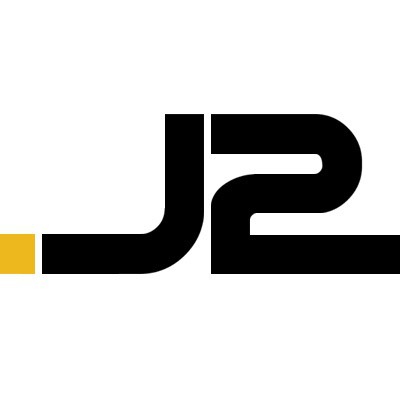 J2 Interactive is an award-winning software development and IT consulting firm specializing in customized solutions for hospitals, labs, research institutions, and health information exchanges.
J2 Interactive is an award-winning software development and IT consulting firm specializing in customized solutions for hospitals, labs, research institutions, and health information exchanges.
Our approach to design and development is rooted in a fundamental belief that systems succeed or fail based on how well they serve the people who depend upon them.


